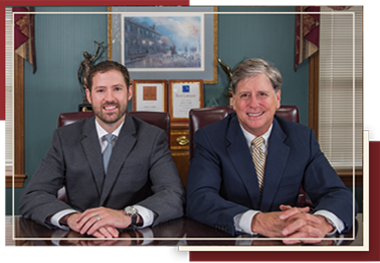If you were to list the most important factors in driver safety, visibility would be at the top of that list. Simply put, you need to be able to see where you are going and other road users must be able to see you.
While some collisions are simply unavoidable, optimal visibility could offer the chance to prevent those borderline cases. Your headlights, signals and brake lights are crucial to visibility, particularly at nighttime. You can check all of these before setting off, and here’s how;
Testing your brake lights
Your brake lights let other drivers know when you are slowing down or coming to a stop. Without them, it is next to impossible to gauge how fast you are traveling. You can check these regularly at home and it is certainly worth doing if you’re planning a journey that involves driving in the dark.
Ask someone in your household to come outside while you operate the brake pedal. If this isn’t possible, you can test them yourself. Garage doors are usually reflective but if you don’t have one, the wall of your house will do.
Back up as close as possible to the surface and make sure you can see a bright reflection on both sides of your car. If you can’t, it means your brake lights are faulty. Often, a bulb simply needs replacing, which shouldn’t cost too much. Ensuring that your brake lights are operational is an effective preventative measure in stopping rear-end collisions.
Checking your signal lights
Signal lights usually work alongside a clicking noise. This should be regular and in time with the flashing of the light. If the clicking noise has become rapid, that’s a sign that there is something wrong with the signal.
Checking you headlights
Essentially, checking your headlights involves the same process you used for the brake lights, but with the vehicle front-facing against the surface. There should be a clear and bright reflection on both sides. Be sure to alternate between low beam and high beam headlights, to cover all bases.
Checking the lights on your vehicle means that you can see and that you are visible to others. If you have been injured in a crash in Virginia, be sure to explore your legal options to claim all the compensation you may be due.


